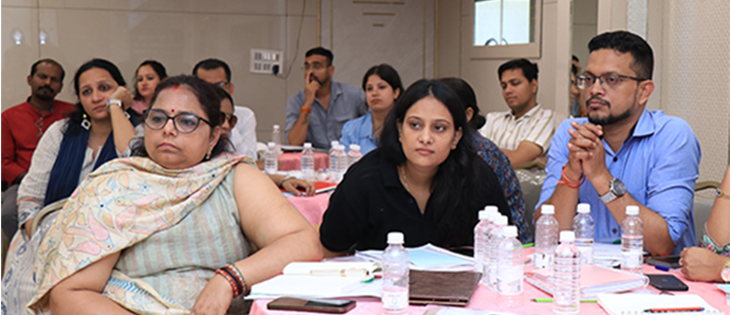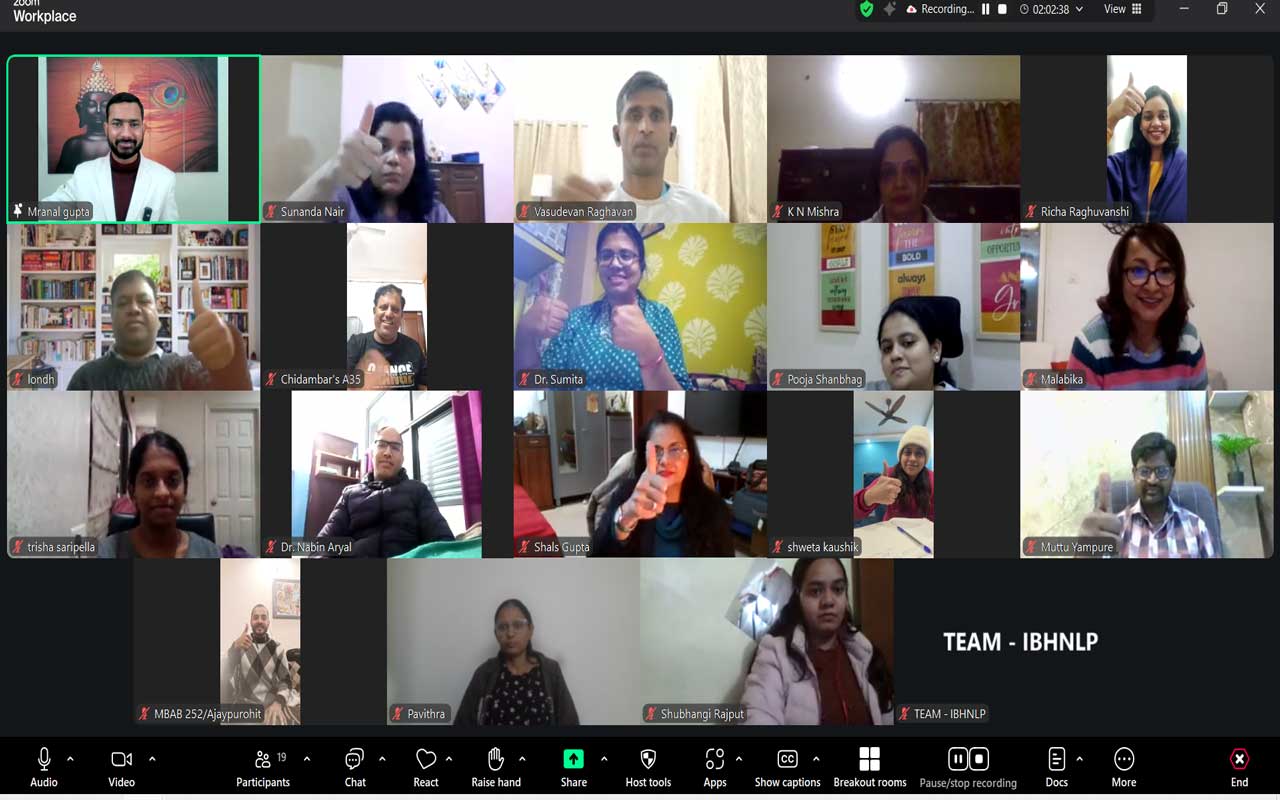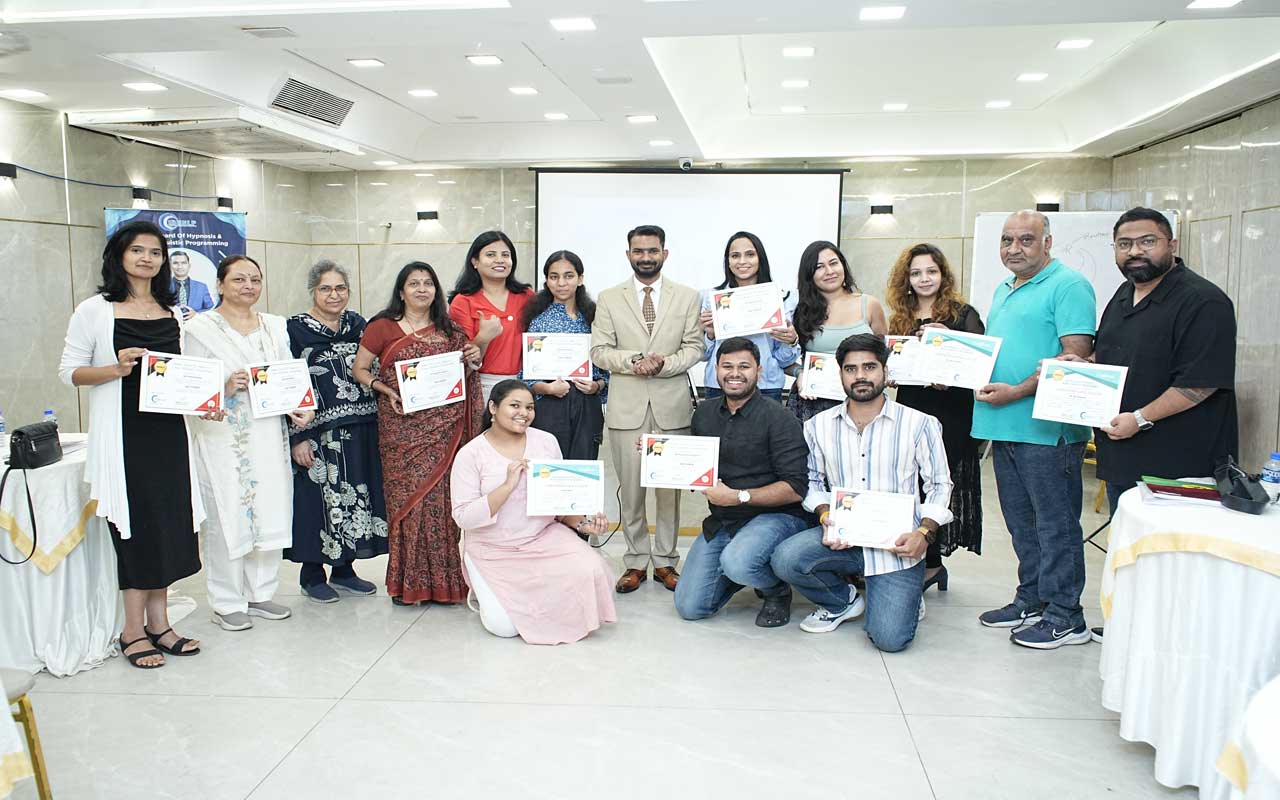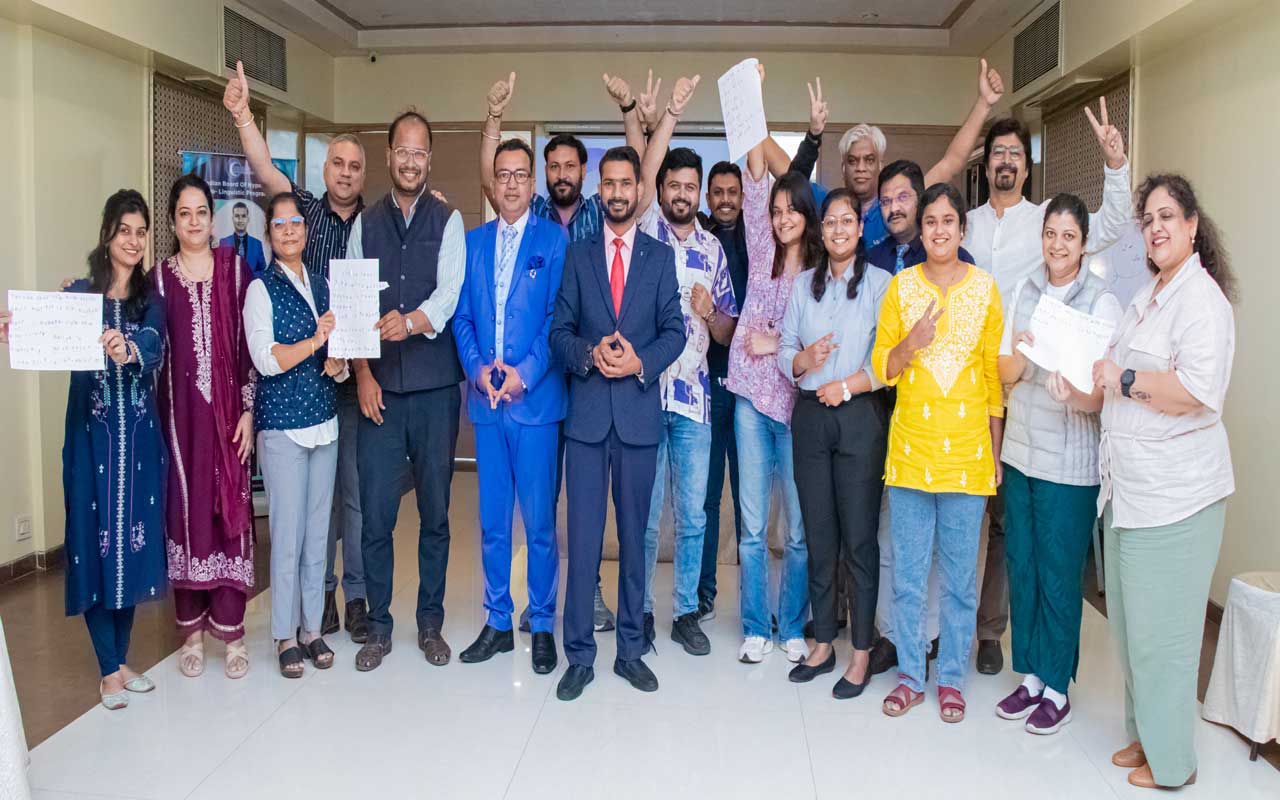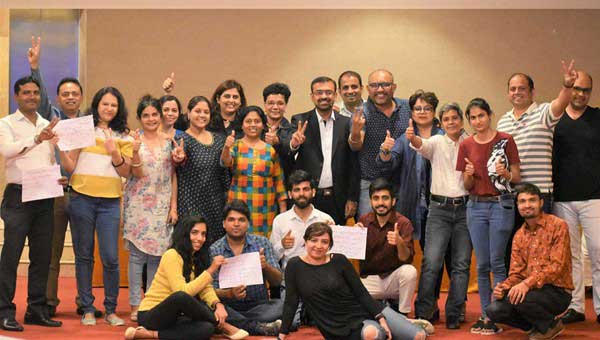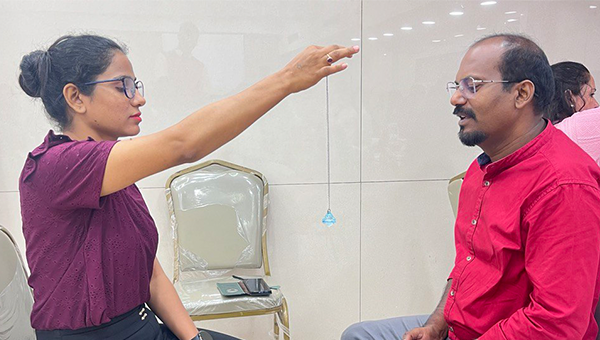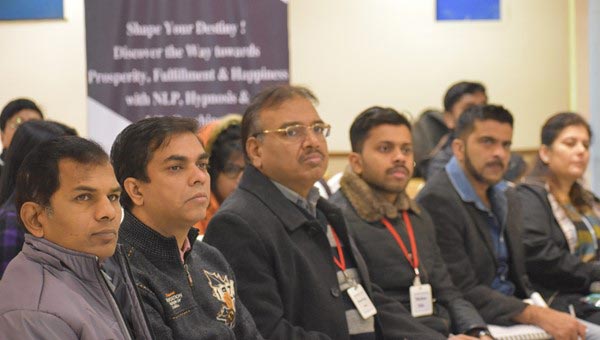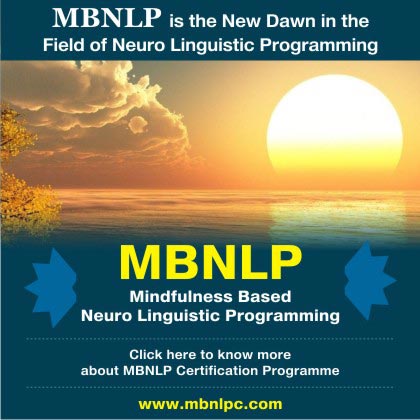NLP Research Initiative by IBHNLP
Heartily Inviting your research articles on NLP
As a CEO of IBHNLP, people keep asking me whether there is any Scientific Academic Research that supports & validates tools and techniques offered by Neuro-Linguistic Programming. In short, people want to know, ‘Is NLP scientific? Whatever claims about “Human Potential Development” are made by NLP really true? Can NLP solve deeply rooted problems within a short amount of time?
In initial years, I didn’t have answers to these questions, but now I could answer these questions in two ways.
1. Frankly speaking, there is very less scientific research in the field of NLP all over the world (that is not really a good thing) & if you ask in India, I think the answer is blatant NO.
2. But now IBHNLP has taken an initiative to provide a platform for those who want to do research in the field of NLP (and that is now really a good thing.)

You might have known that NLP came into existence in the 1970s. Richard Bandler and John Grinder developed a completely new approach towards communication, individual development and resolving various psychological issues. NLP claims that by changing some very specific brain processes, by changing the use of language and by changing behavioural patterns, it is really easy and quick to realize our Dreams. It has really been easy to resolve psychological issues like depression, learning problems, phobias, etc. it will take only a session. Other therapies in psychology might require years to achieve the same results. That is why NLP is so magically powerful!
Now the question arises that after being into existence since the last 47 years & having contributed so heavily in the field of psychology “why there is so less research in the field of NLP?”
1. Scientific Psychological research all over the world costs quite a lot of money.
2. It requires co-ordination with Recognized Academic Institute.
3. There is resistance for scientific research within the field itself.
4. NLP Developers and many other prominent people in the field always say that NLP is about subjective experience and that is why we can’t do scientific research of ‘subjective experience’.

4th one is the most important reason, why there is really very less research in the field of NLP. Now I am a little sceptical about this assumption that NLP is ‘subjective experience’ and that is why it is really hard to investigate NLP in a scientific manner. But my own Research and Reading in the field of NLP doesn’t get fully satisfied with these assumptions. Nowadays, what I feel ‘Subjective Experience’ also can be studied scientifically. Let me cite two prominent examples against this assumption and to support that it is possible to study subjective experience.
1. You might have listened about Cognitive Behavioural Therapy (CBT). CBT is one of the recognized therapy that goes very close to NLP. There are unbelievable similarities between CBT & NLP. There are lots of research papers published on important concepts of CBT and you can say that CBT has strong experimental support. So CBT also works in the field of ‘subjective experience’, if scientific research is possible with CBT, then why it can’t be with NLP.
2. You might have heard about Transcendental Meditation that is developed by Maharishi Mahesh Yogi. Transcendental Meditation is one of the very Powerful Meditation Technique used by millions of people all over the world. Transcendental Meditation or TM is also widely researched meditation technique at present. There are more than 380 research papers that have been conducted on the effects of TM on the human brain & body. All these Research Papers published in over 160 scientific journals all over the world. These scientific studies on TM were conducted at many International Universities and Research Centers. These Universities and Research Centers include Yale Medical School, Harvard Medical School, UCLA Medical School and Stanford Medical School. So TM also works in the field of ‘Subjective Experience’, if Scientific Research is possible with TM, then why it can’t be with NLP?
In short, Our Basic assumption “NLP Developers and Many other prominent NLP Trainers in the field of NLP always say that NLP is about Subjective Experience and that is why, we can’t do Scientific Research of ‘Subjective Experience”, might go wrong. So the conclusion is, Scientific Research of ‘subjective experience’ is possible, it means NLP can be scientifically studied.
Now let me talk about India. Specifically, in India, there are so many institutes that run NLP courses, but there is not a single NLP Institute in India that wants to dedicate itself for Scientific Research in the field of NLP. That’s why the Indian Board of Hypnosis and Neuro-Linguistic Programming (IBHNLP) has decided to initiate Scientific Research in the Field of Neuro-Linguistic Programming.
So, if you are a Research Minded Person, Innovative and want to contribute in the field of NLP, IBHNLP can help you to put forward your ‘New Thinking’ about NLP. We must keep it in mind that ‘NLP Research Contract’ is not given to some Foreigners and Foreign NLP Institutes. Now India can lead and direct the field of NLP.
How IBHNLP is going to initiate ‘New Thinking’ in NLP
.jpg)
1. Selected Research Papers will be published in our 'Research Article Section'.
2. IBHNLP is soon going to publish ‘NLP New Thinking Research’ journal, selected research papers will also be published in it.
3. IBHNLP is going to hold the NLP conference in India, where you will have an opportunity for Paper Presentation.
4. IBHNLP is going to award people, who contributed to the Development in NLP.
So, if you like to research in NLP further, if you love to think differently about NLP, and if you want to apply NLP in diverse domains, then this platform is for you.
Come Forward and let’s jointly develop NLP and give the respect that NLP deserves!
